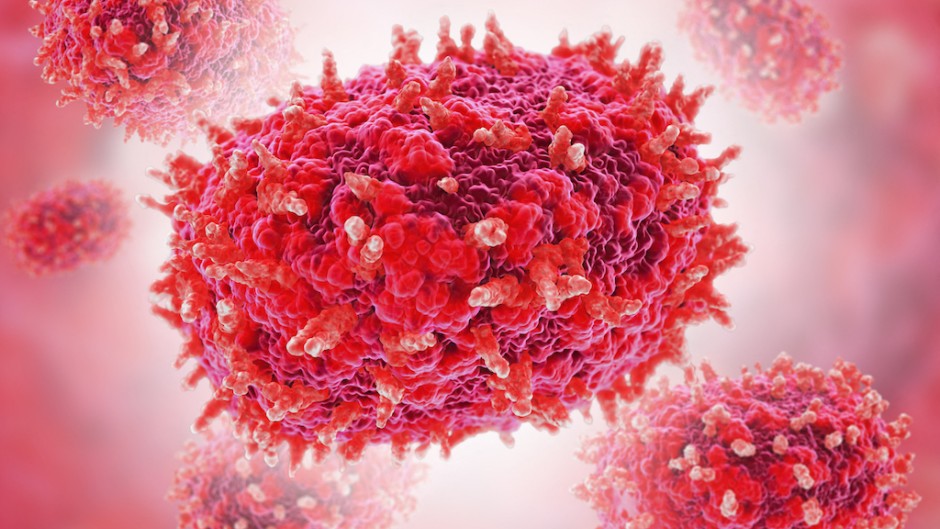JOHANNESBURG - Contact tracing is in full swing after several MPox cases were confirmed in South Africa.
The death toll has risen to two.
The Health Department says there's no need to panic at this stage.
Here’s what you need to know about MPox.
What is MPox?
MPox is a disease caused by the Monkeypox virus, which belongs to the same family as the virus that causes smallpox.
It is a zoonotic disease, meaning it can spread between animals and humans.
How does it spread?
According to the World Health Organization (WHO), MPox spreads through
- Direct Contact: With infectious lesions or bodily fluids from an infected person.
- Animal-to-Human Transmission: Through bites, scratches, or handling infected animals during activities such as hunting, skinning, or cooking.
- Contaminated Objects: Contact with items like clothing or linens used by an infected person.
- Respiratory Transmission: Similar to smallpox, MPox can spread through respiratory droplets.
What are the symptoms?
Symptoms usually begin within a week of exposure but can start anywhere from one to 21 days later. Common symptoms include:
- Rash
- Fever
- Sore throat
- Headache
- Muscle aches
- Back pain
- Low energy
- Swollen lymph nodes
These symptoms typically last two to four weeks but may persist longer in individuals with weakened immune systems.
How to manage symptoms and prevent spread
If you are infected, take the following steps to protect yourself and others:
Do:
- Stay home and isolate in your own room if possible.
- Wash hands frequently with soap and water or use hand sanitizer.
- Wear a mask and cover lesions when around others until your rash heals.
- Keep skin dry and uncovered unless in the presence of others.
- Avoid touching items in shared spaces and disinfect these areas regularly.
- Use saltwater rinses for sores in the mouth.
Do Not:
- Pop blisters or scratch sores, as this can slow healing, spread the rash, and cause infection.
- Shave areas with sores until they have healed completely and new skin has formed.
The Health Department is working on acquiring more treatments and a vaccine.
The department and the National Institute of Communicable Diseases are urging people to avoid creating further stigma around the virus.
- by Denga Mavhunga with additional reporting eNCA

